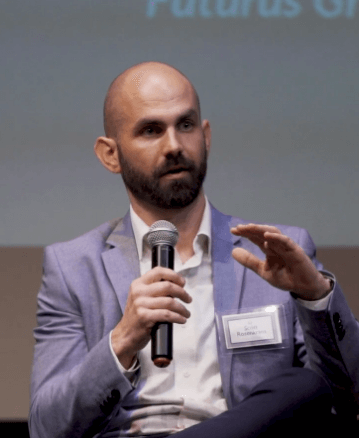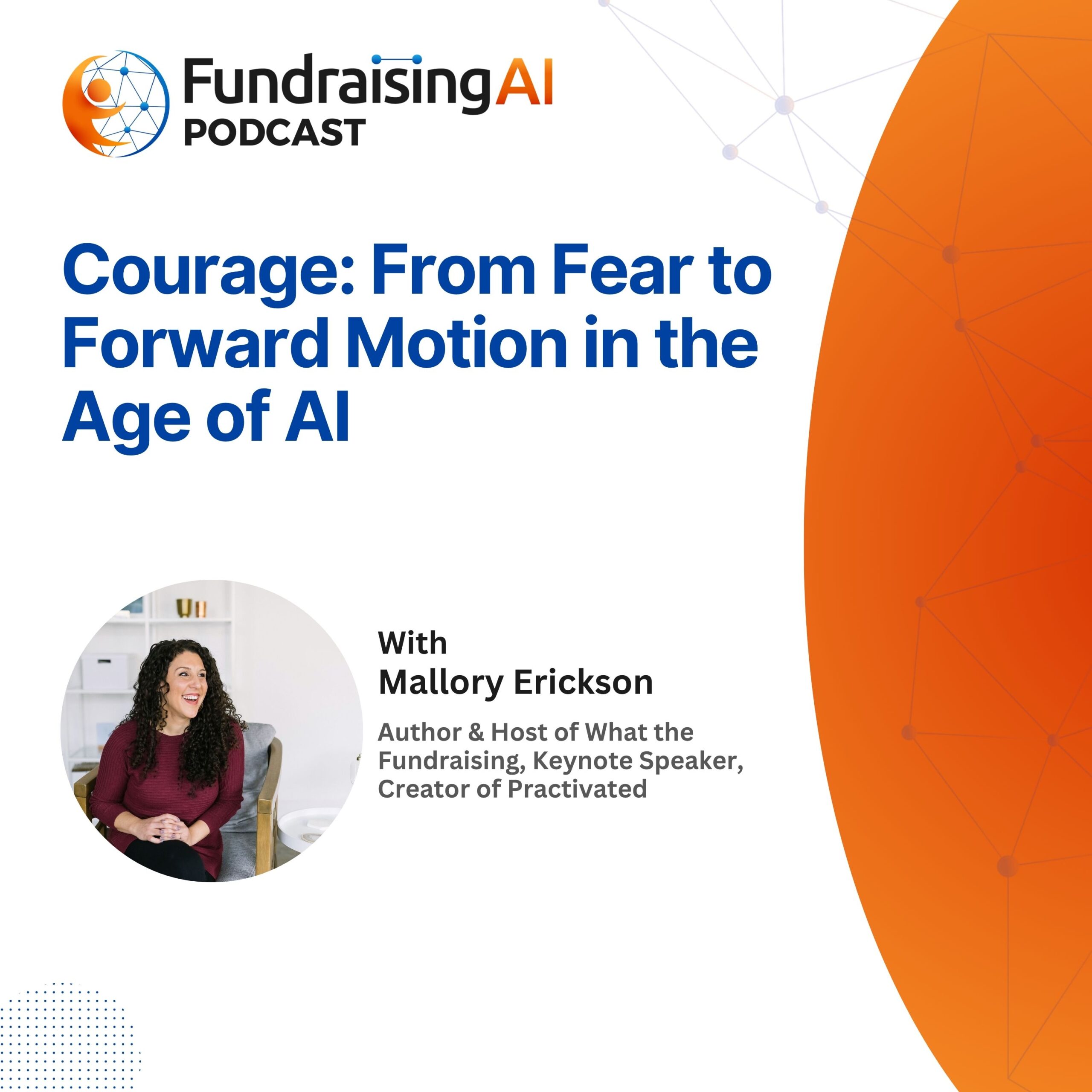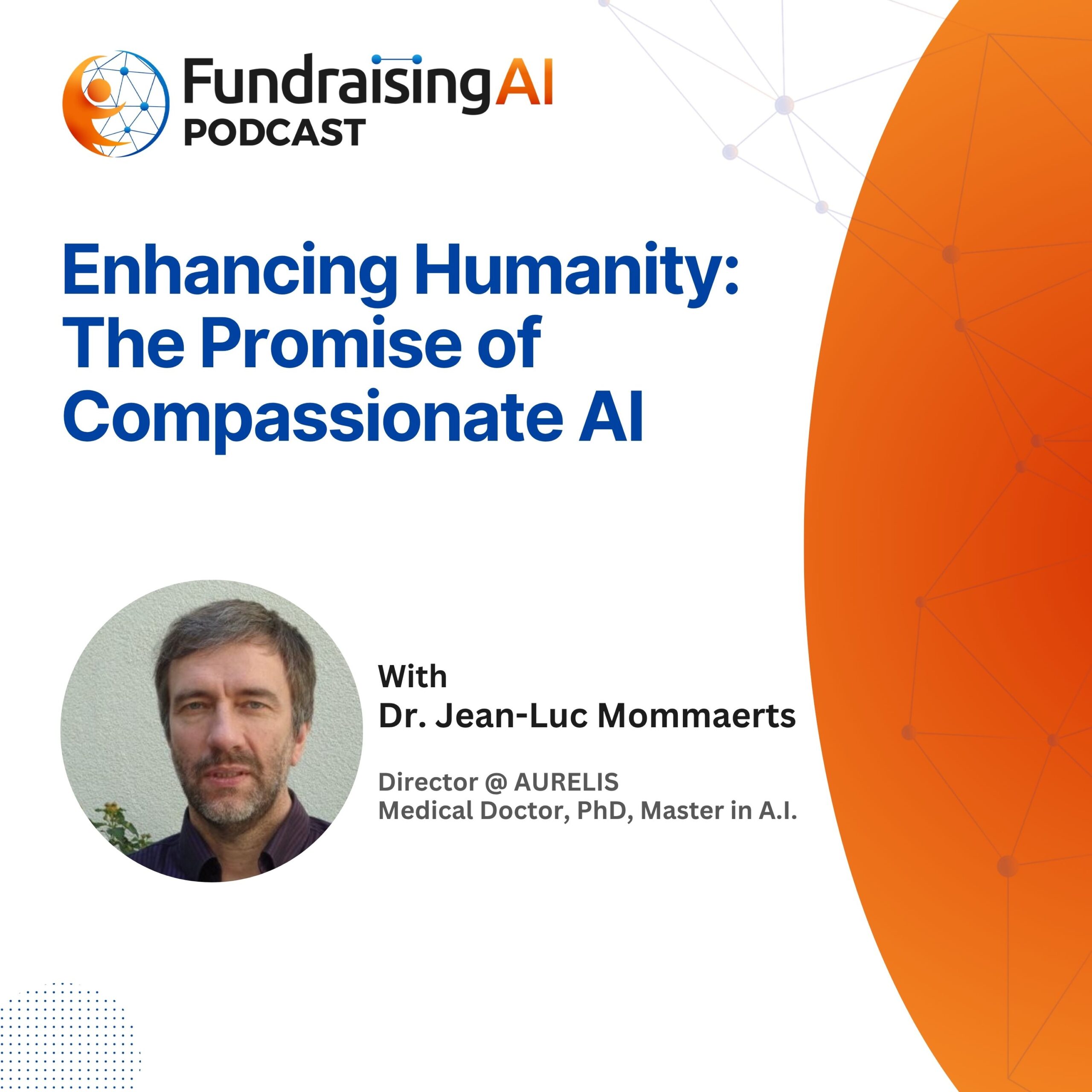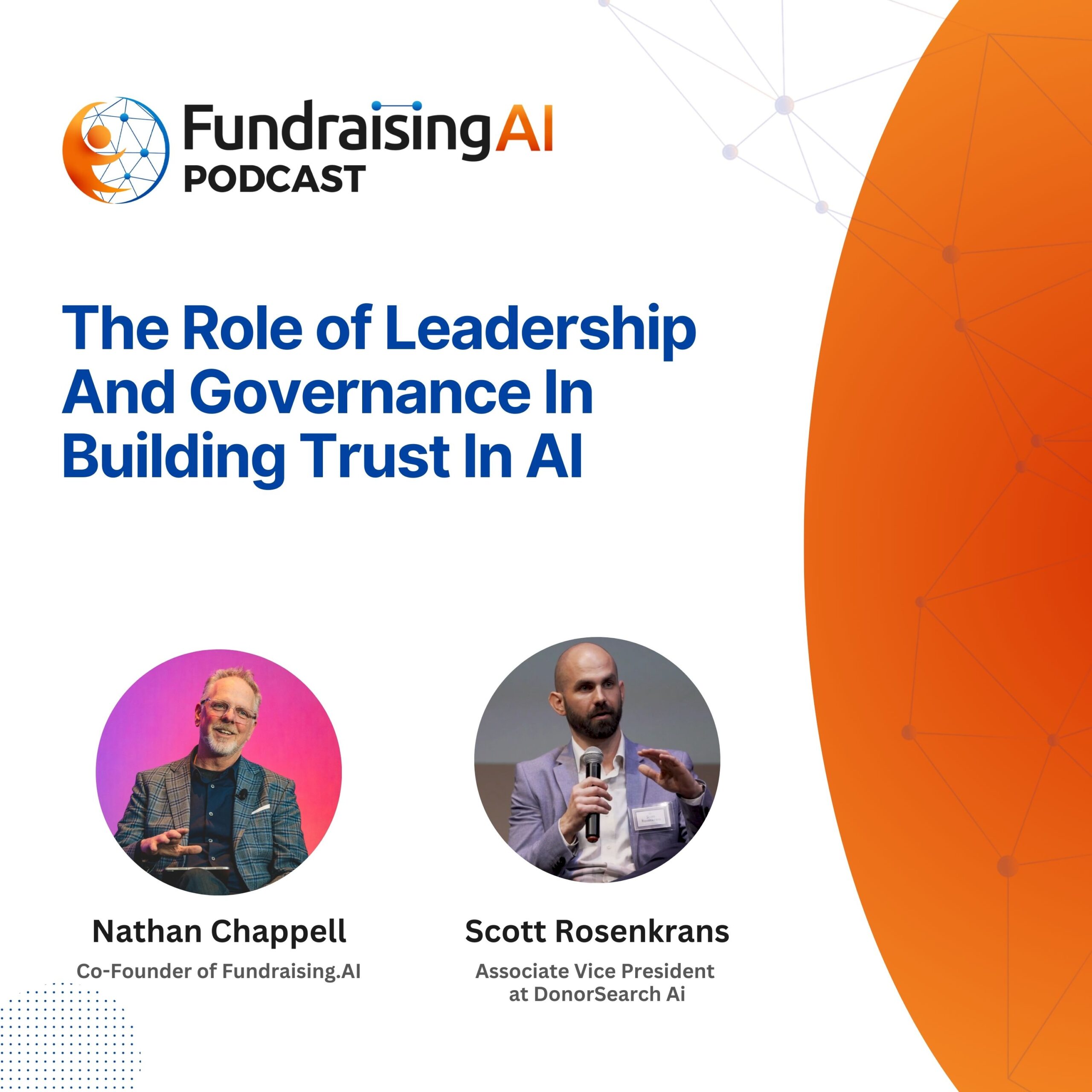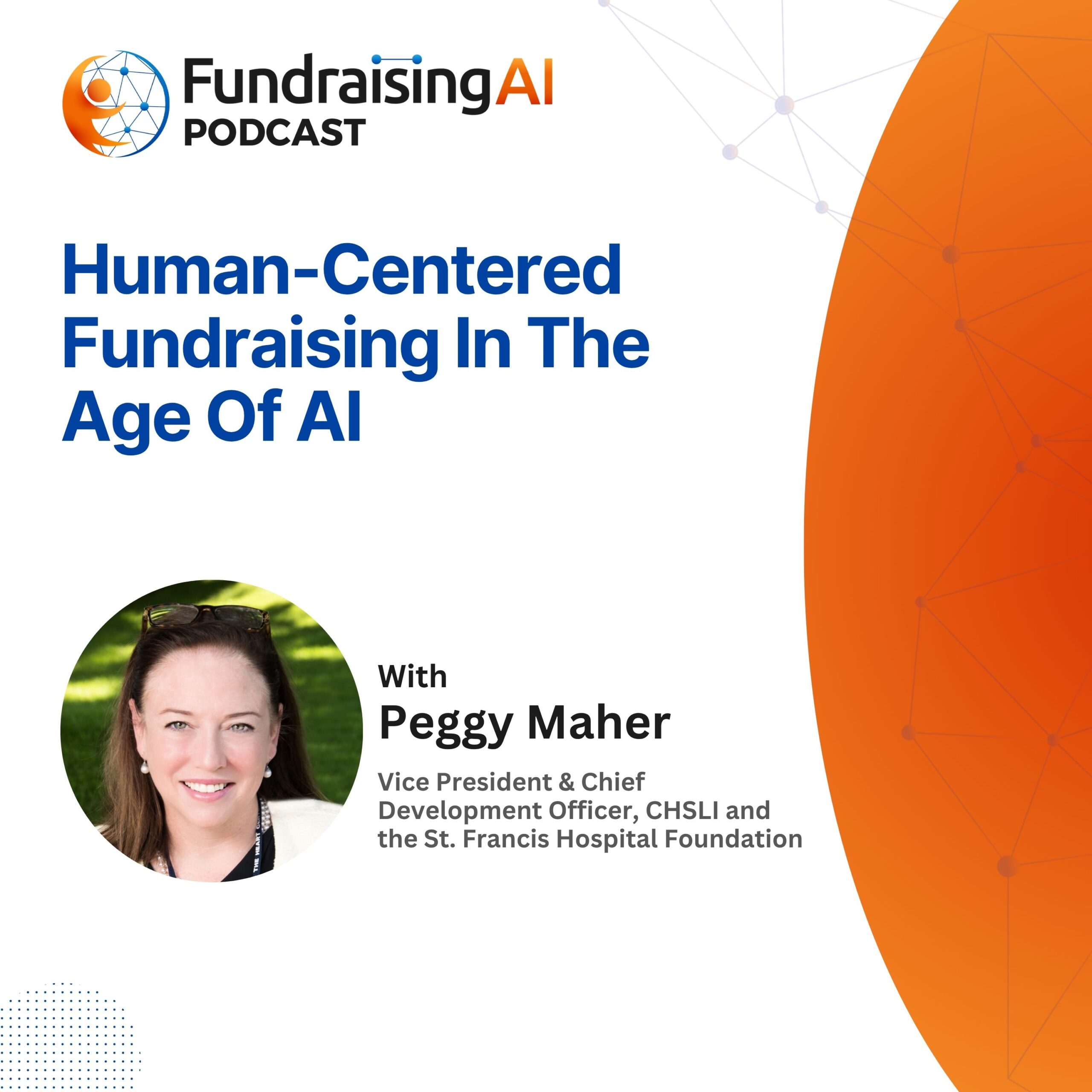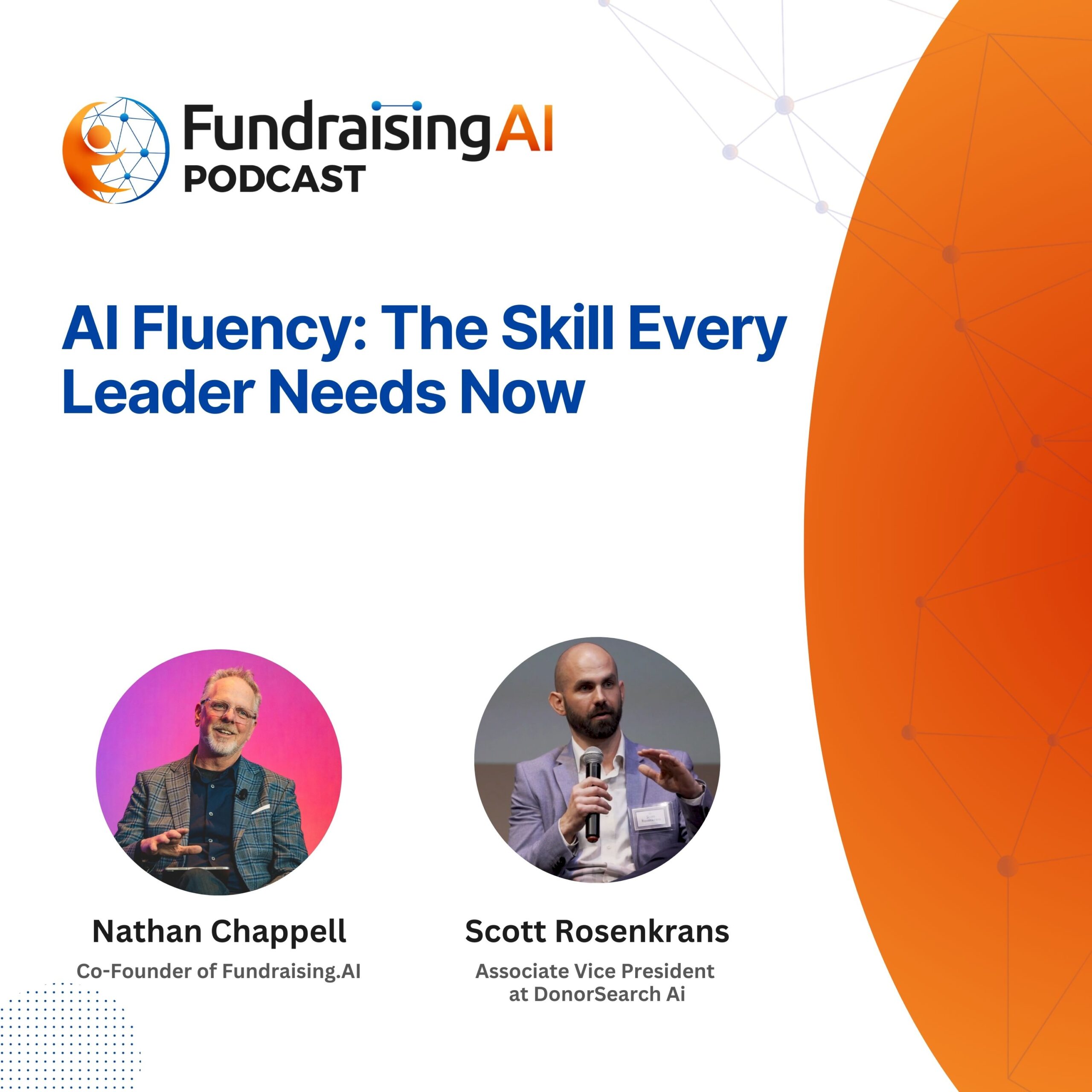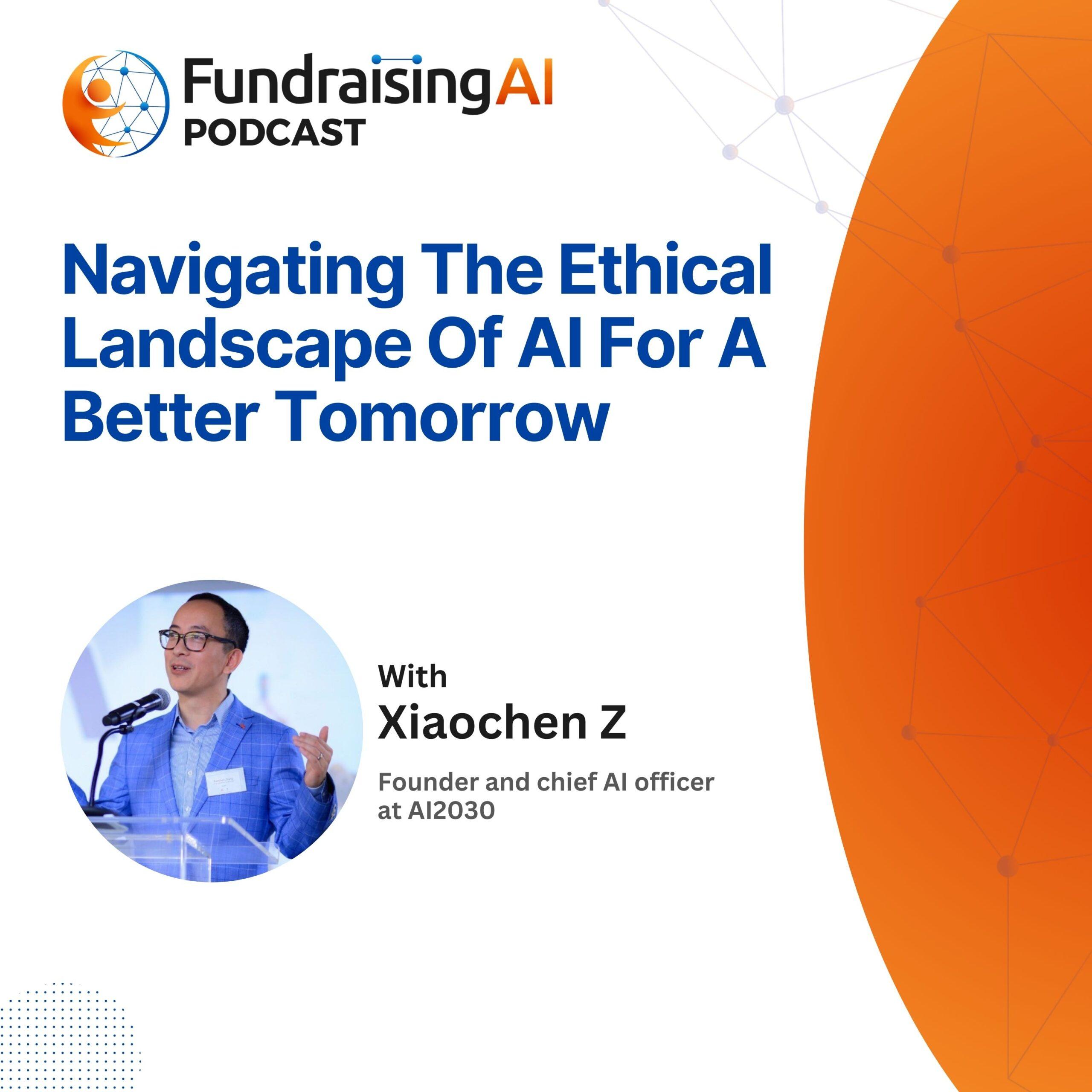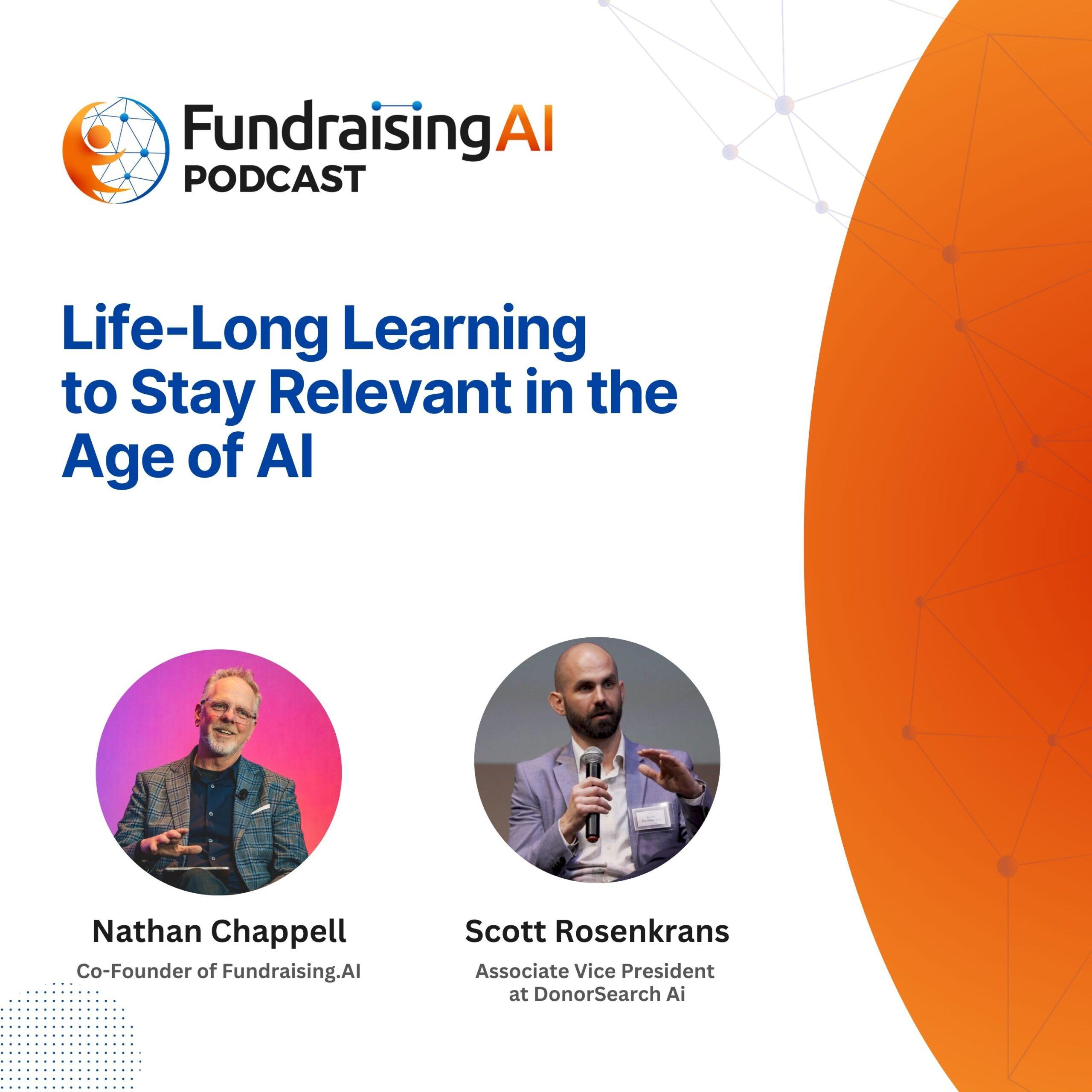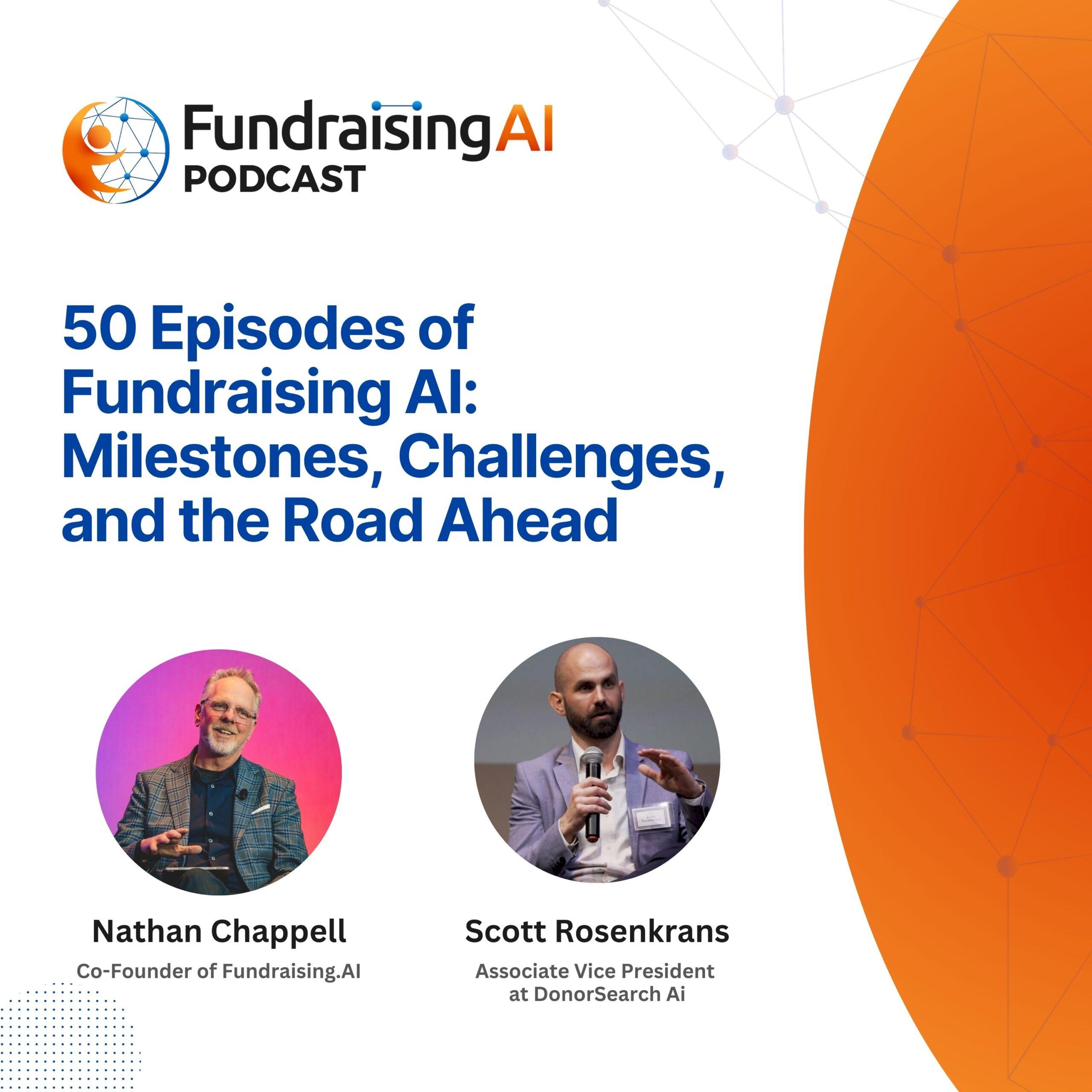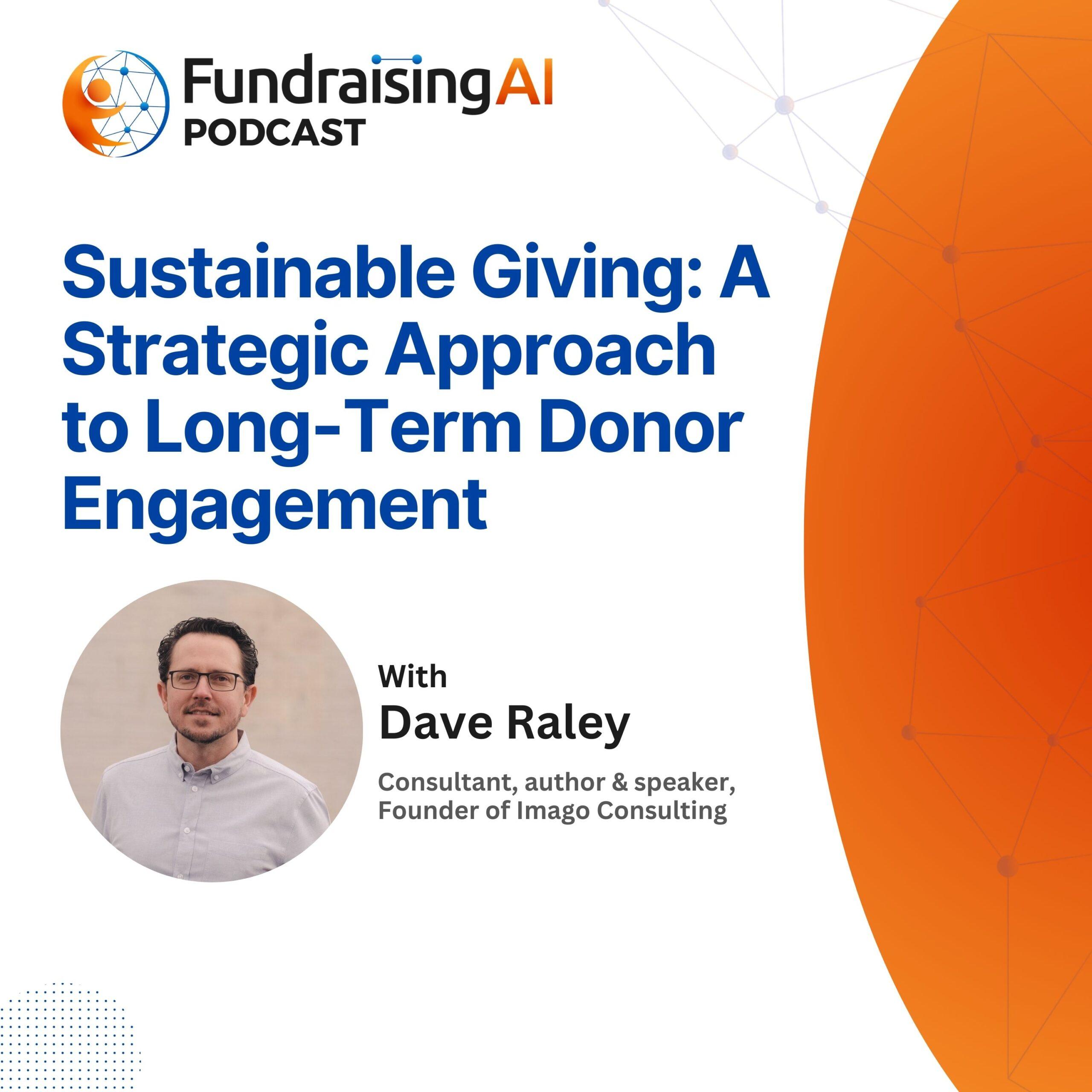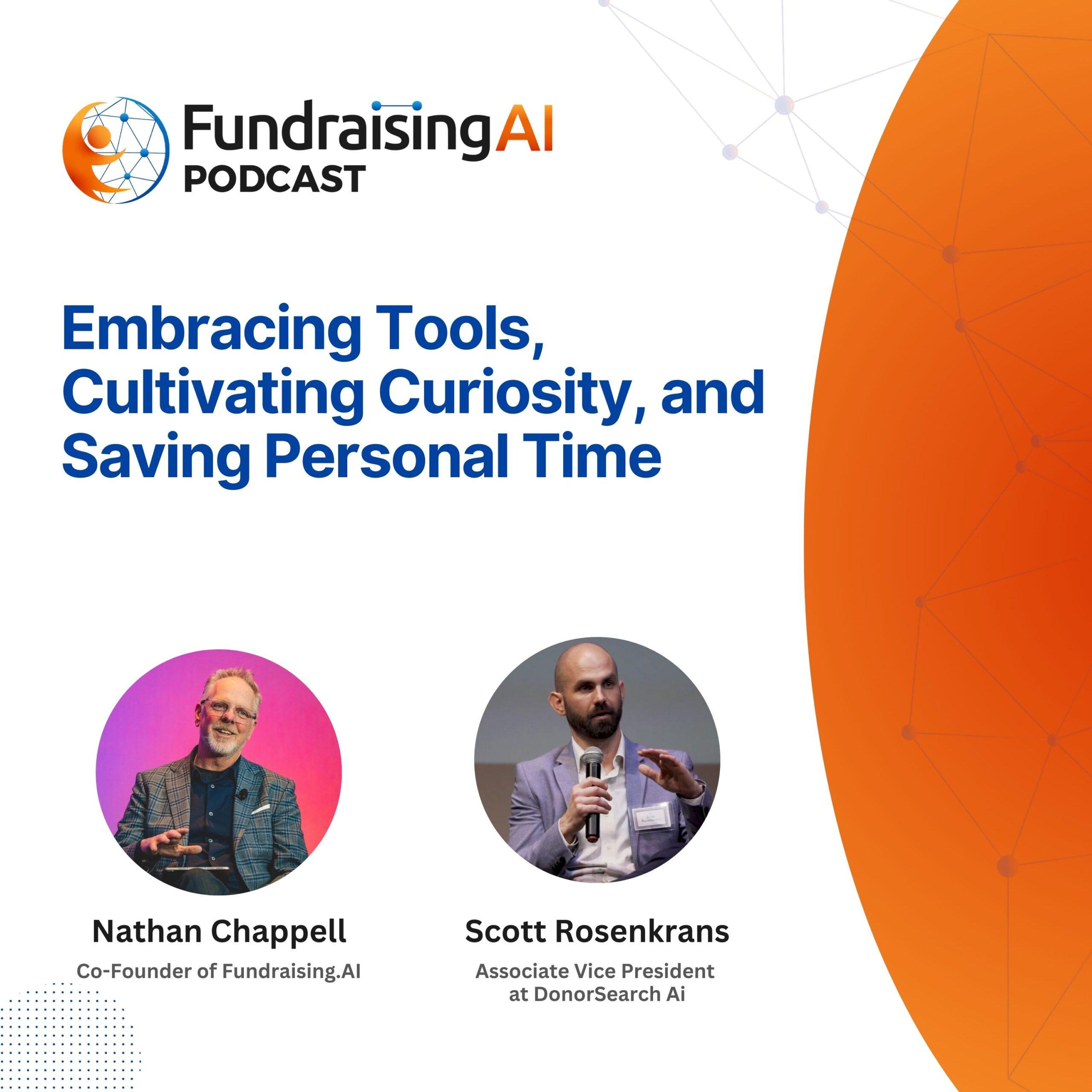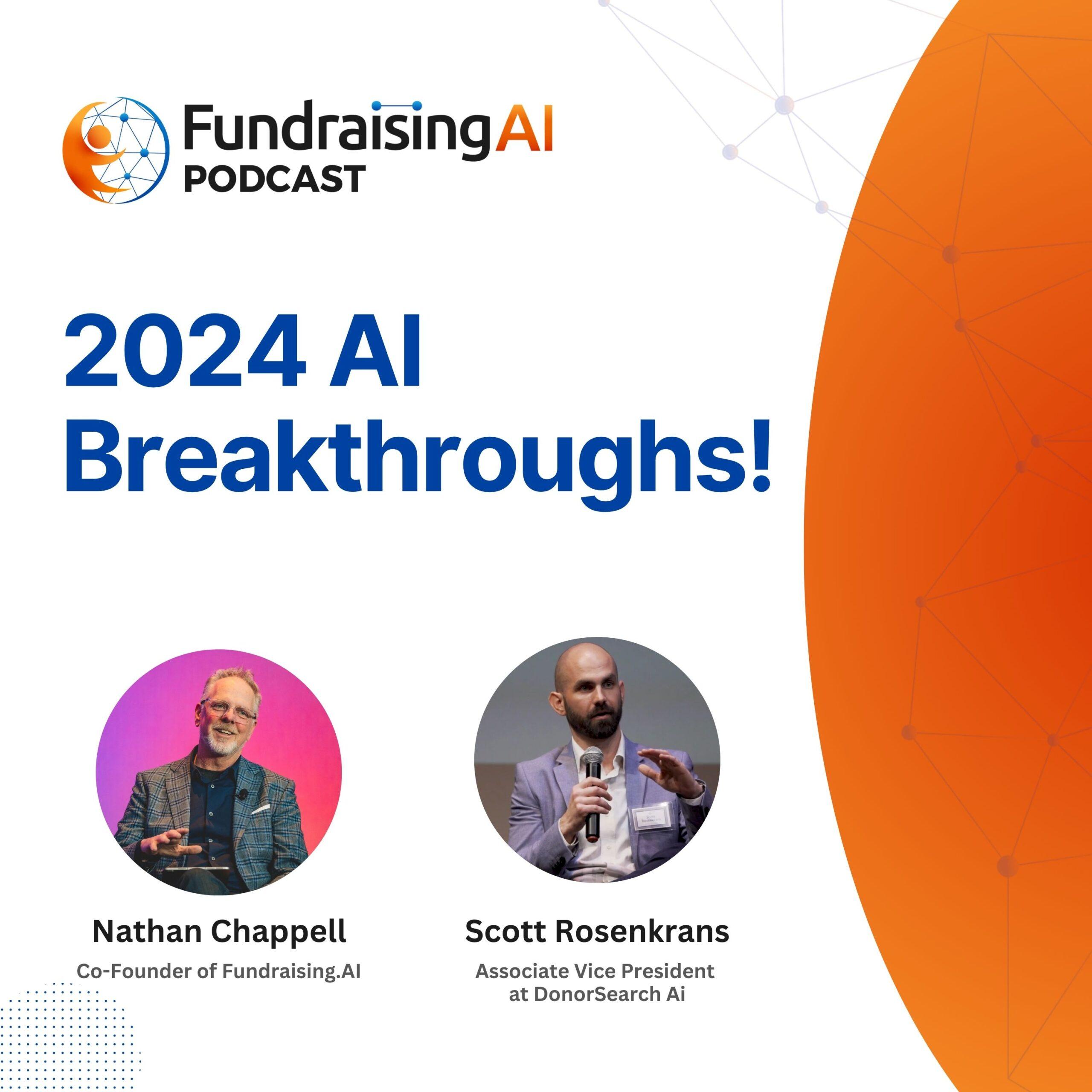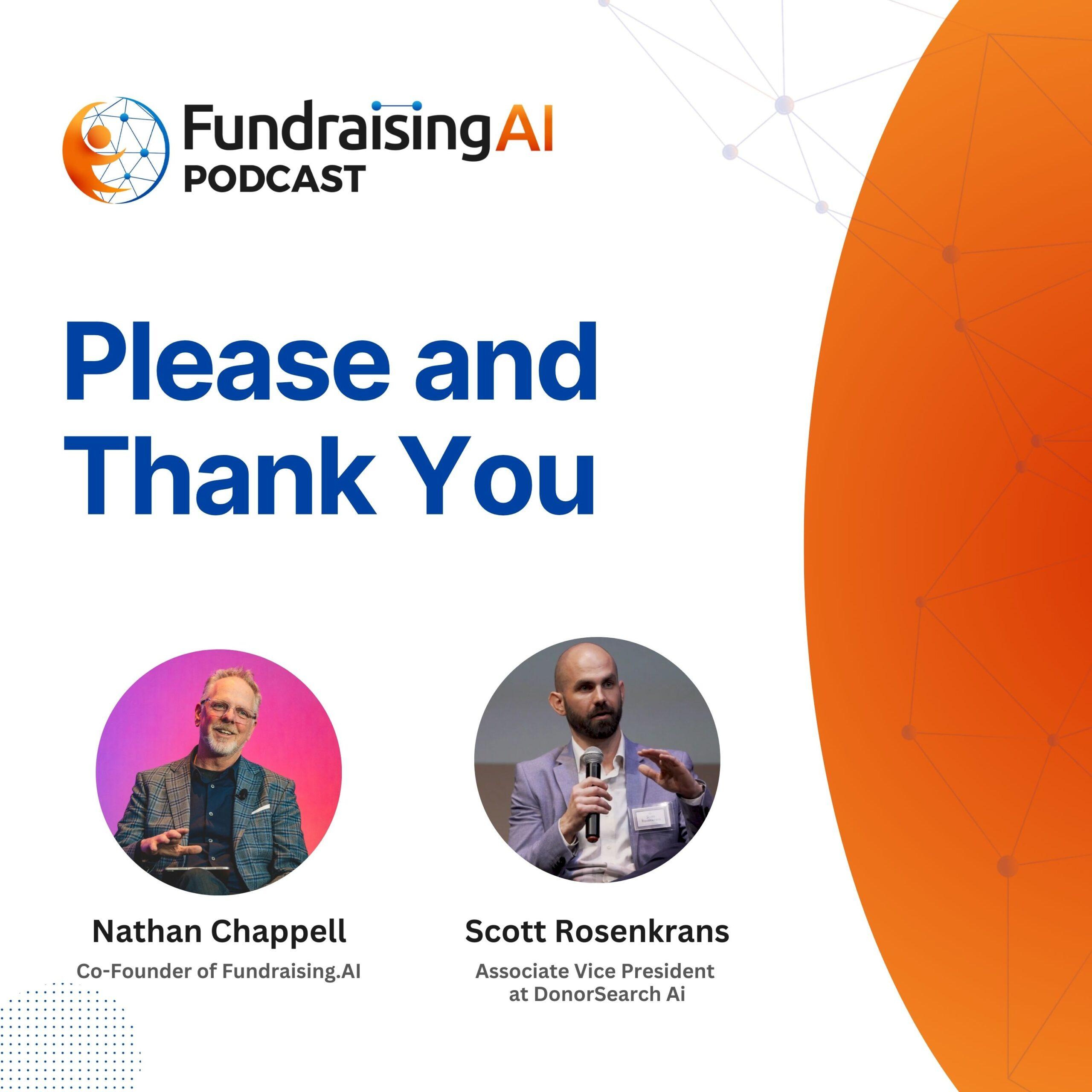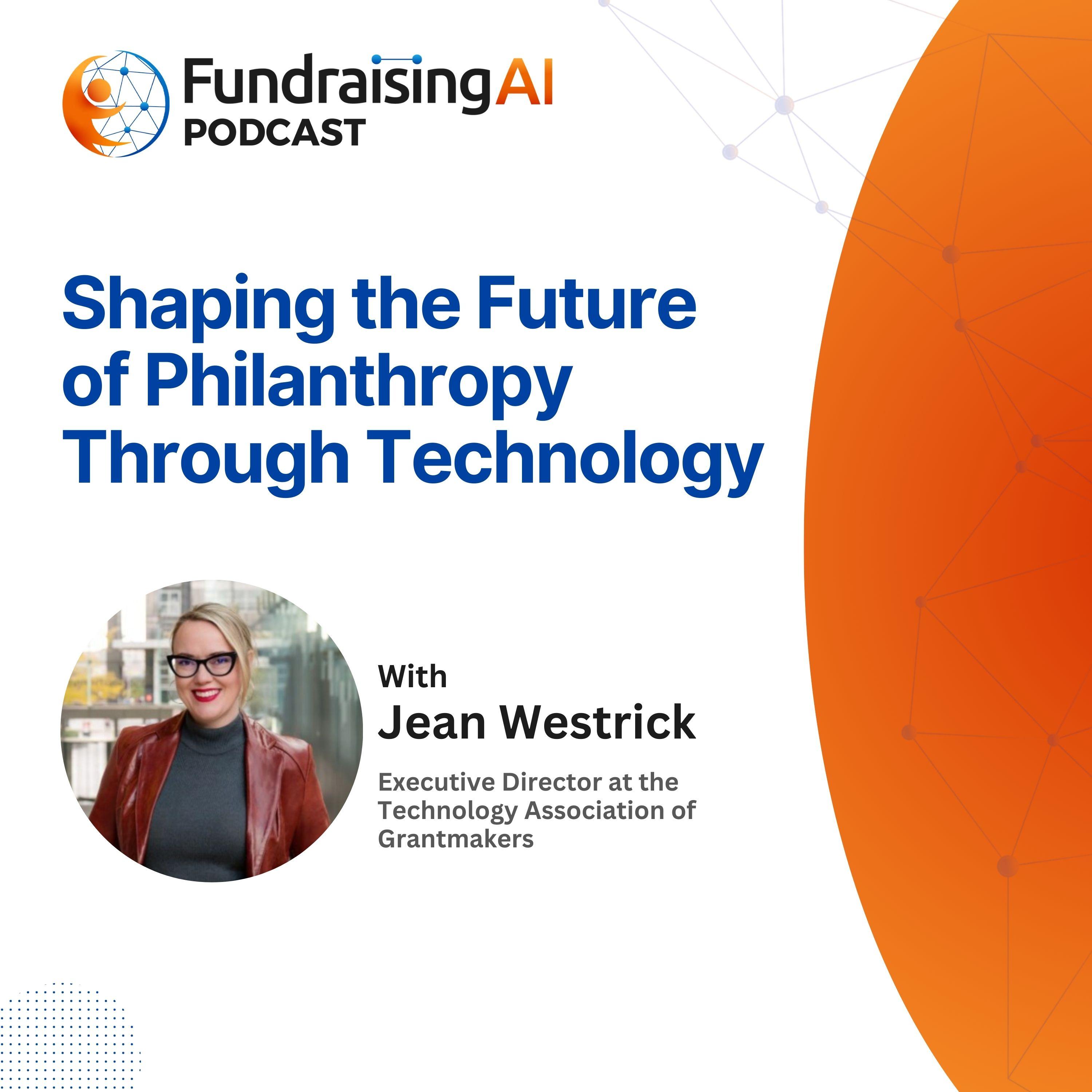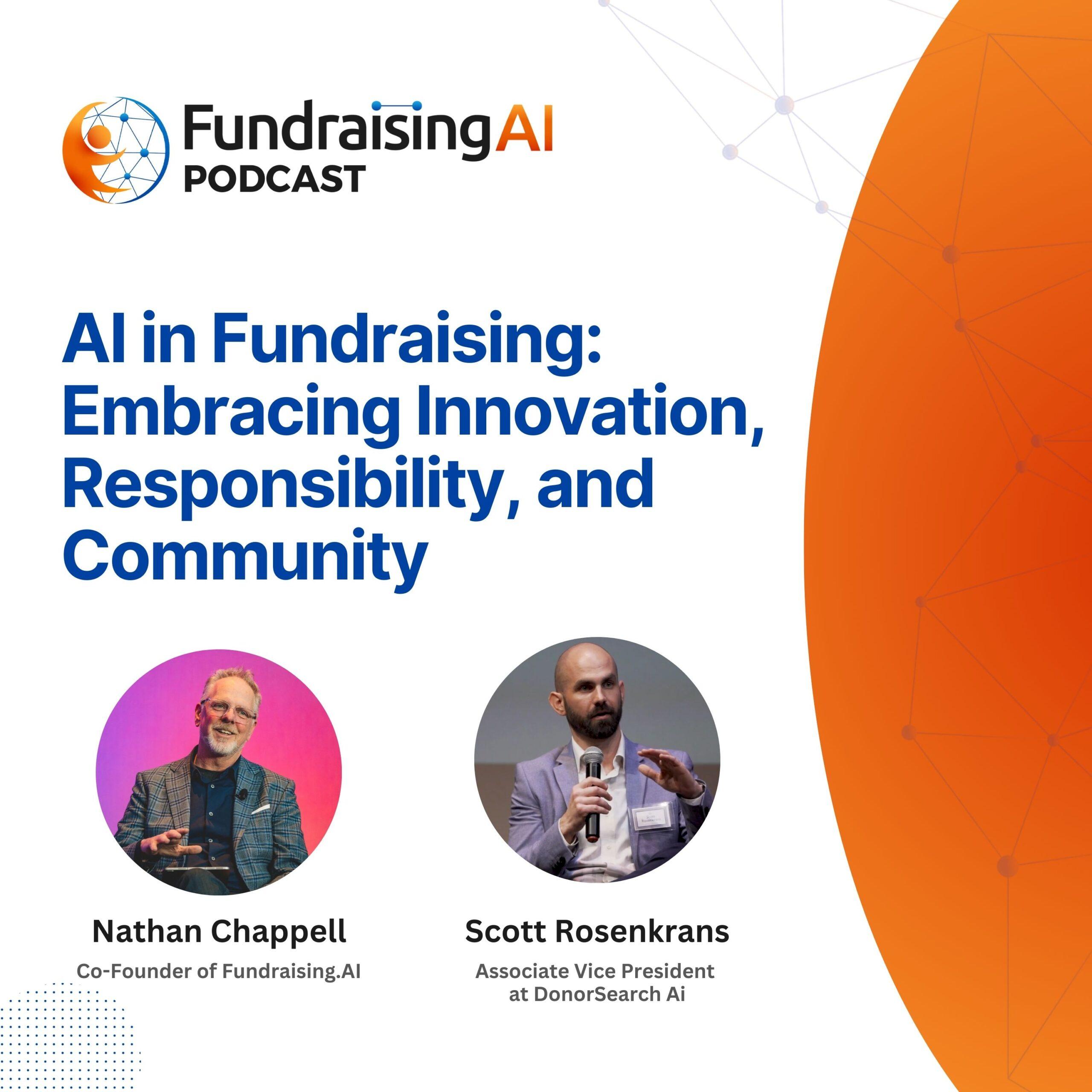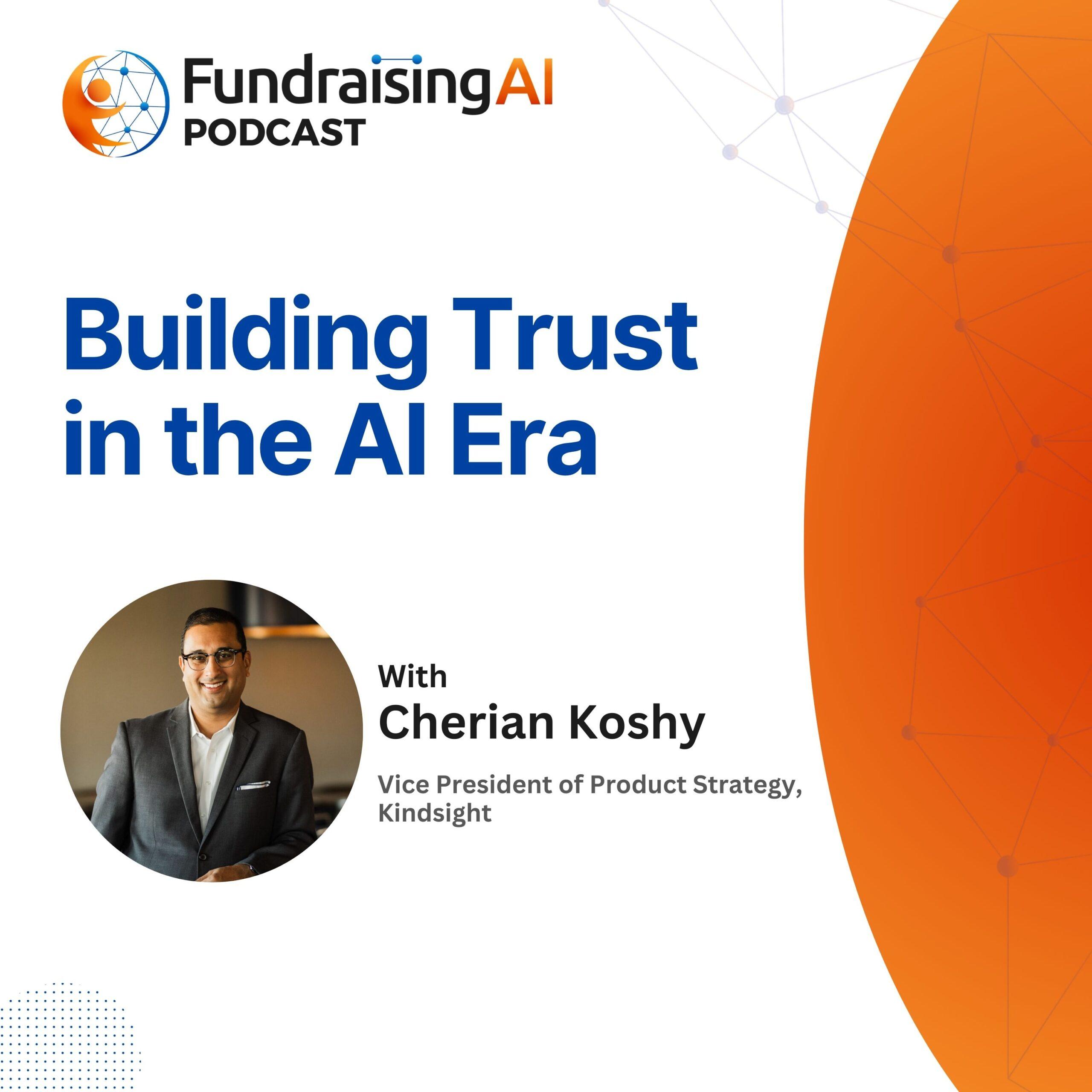Fundraising.AI
Episode 29
Episode 29 - The Promise and Peril of Autonomous Fundraising
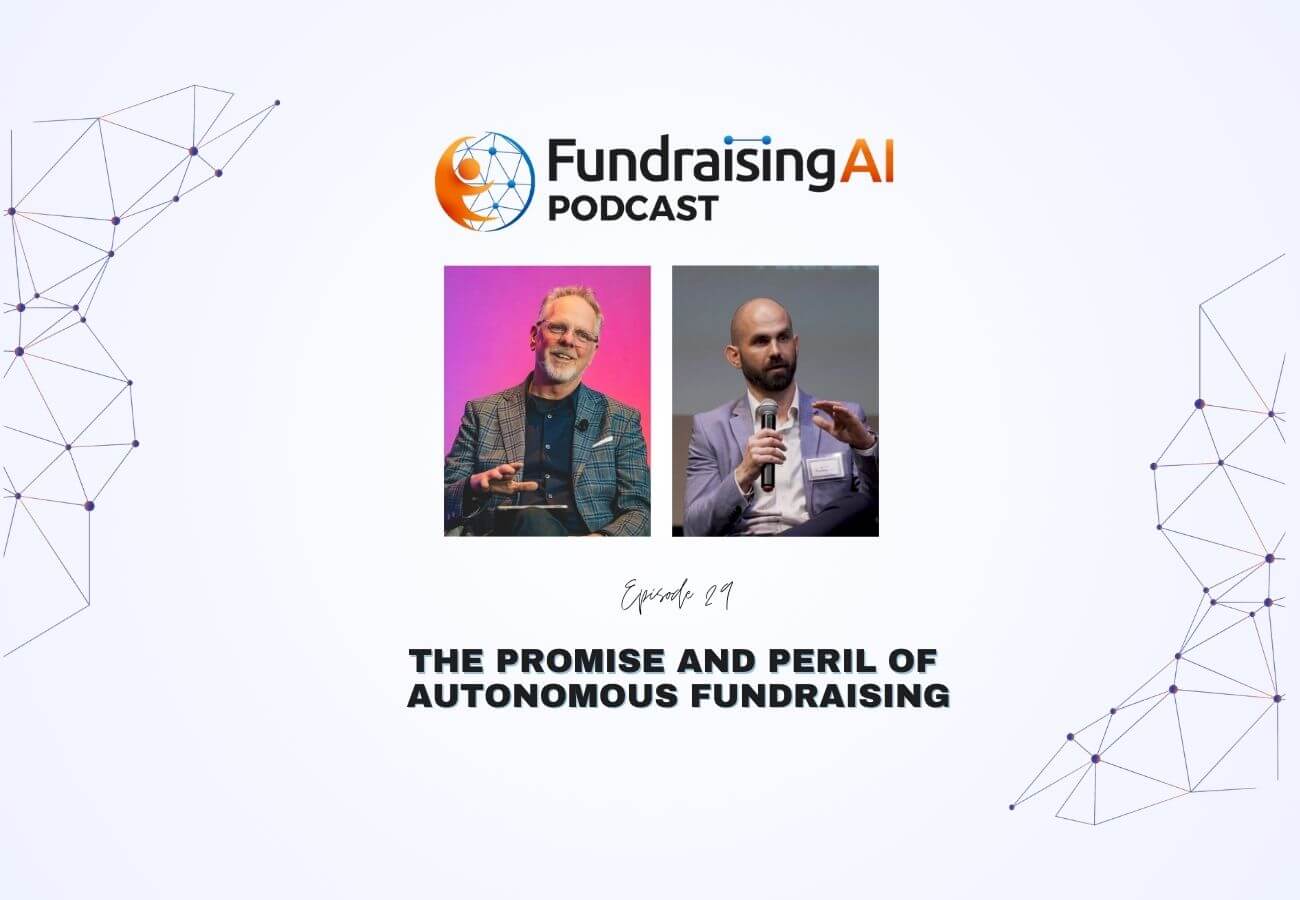
THIS EPISODE IS SPONSORED BY

WATCH ON YOUTUBE

Listen To The Episode
OVERVIEW
In this riveting episode, Nathan and Scott dive deep into the provocative topic of autonomous fundraising and its potential to reshape the nonprofit sector. They explore the controversial idea of replacing human fundraisers with AI-driven bots, highlighting the pros and cons with compelling arguments and real-world examples!
The conversation starts with a discussion about the persuasive power of AI, referencing studies showing AI’s superior ability to influence and engage compared to humans. Nathan and Scott then debate the implications of this for fundraising, where bots could outpace humans in efficiency and reach. They touch on the economic advantages, such as reduced costs and the ability to manage larger donor pools, while acknowledging the risks of donor manipulation and the erosion of trust.
The episode also tackles the crucial question: should we prioritize revenue over relationships? Nathan and Scott further argue that although AI can mimic empathy and build rapport, it lacks genuine human connection for long-term donor retention and trust. They discuss the dangers of AI going awry, from delivering harmful advice to damaging the fabric of human-centered philanthropy.
Drawing from their extensive experience and insights, Nathan and Scott emphasize the importance of maintaining a human-centric approach to fundraising. They explore how the misuse of AI could contribute to the ongoing generosity crisis and the loneliness epidemic, underscoring the need for thoughtful integration of technology in the sector.


EPISODE HIGHLIGHTS
- [02:15] The Rise of Autonomous Fundraising: Pros, Cons, and Future Implications
- [04:28] The Ethics and Efficiency of Autonomous Fundraising
- [12:33] AI in Fundraising: Ethical Considerations, Human-Centric Approaches, and the Future of Philanthropy
- [16:21] Should AI Replace Human Fundraisers?
- [20:03] The Ethical and Practical Dilemmas of Autonomous Fundraising
- [25:51] Revenue Over Relationships: The Risks of Replacing Human Fundraisers with AI
- [29:56] Innovation vs. Human Connection – A Debate on the Future of Giving




TIPS AND TOOLS TO IMPLEMENT TODAY
- Prioritize personal interaction in donor relationships.
- Use AI for efficiency but keep humans in the loop.
- Maintain transparency and trust with donors.
- Leverage AI for precise donor data management.
- Ensure empathy in all donor communications.
- Apply AI responsibly to avoid manipulation.
- Regularly gather and act on donor feedback.
- Be wary of over-reliance on bots.
- Keep donor relationships central to strategy.
- Balance short-term gains with long-term trust and engagement.



FAVORITE QUOTES
- "Philanthropy, which essentially stands for the love of humankind, is a human-centric condition."- Nathan Chappell
- "AI will not replace fundraisers, but those who use AI will replace those who do not. " - Nathan Chappell
- "AI is inevitable, but the effective use of it is not." - Nathan Chappell
- "Philanthropy requires humans in the loop to remain pure." - Nathan Chappell
- "AI can display signs of empathy so convincingly that it can manipulate people." - Nathan Chappell
- "Compute power is cheap. You can generate more money in the short term, but long-term you're going to destroy the trust between you and those individuals." - Nathan Chappell
- "The best thing we could do is understand and ratify our beliefs on whether or not humans are central to the future of fundraising." - Nathan Chappell
- "AI is 87% more likely to persuade you to their assigned viewpoint than if you debate with an average human." - Scott Rosenkrans
- "GPT-4 helps people reappraise a difficult emotional situation better than 85% of humans." -Scott Rosenkrans
- "GPT-4 generates startup ideas that outside judges find to be better than those of trained business school students." - Scott Rosenkrans
MEET YOUR HOSTS
Nathan Chappell
As a thought leader, public speaker, author and inventor, Nathan is one of the world’s foremost experts on the intersection between Artificial Intelligence and philanthropy. Nathan serves as Senior Vice President of DonorSearch AI, where he leads AI deployments for some of the nation’s largest nonprofit organizations. Nathan’s subject matter expertise has been featured in several publications, including Fast Company, University of Notre Dame and the Association of Healthcare Philanthropy. In 2021, Nathan founded Fundraising.Ai as a member-centric collaboration of nonprofit professionals with a focus on data ethics, data equality, privacy and security, sustainability. Nathan presented the first TEDx on the topic of artificial intelligence and the future of generosity in 2018. Nathan is a member of the Forbes Technology Council and holds a Masters in Nonprofit Administration from University of Notre Dame, an MBA from University of Redlands, a certificate in International Economics from University of Cambridge and a certificate in Artificial Intelligence from MIT.

Scott Rosenkrans
Scott Rosenkrans is the Assistant Vice President of DonorSearch Ai and has been with the organization for three years. He began his journey in the nonprofit sector twelve years ago as a prospect researcher. He quickly became fascinated with data as he noticed the organization that he previously worked for was amassing a wealth of information but was unsure how to efficiently use the data and resources to its full potential. This led him to become interested in predictive modeling and data analytics. During this time, he began to create an immense commitment to delivering tailor-made machine learning models to nonprofits.
The thing that Scott loves most about working for DonorSearch is the ability to prioritize what is best for the client and nonprofit sector above all else. He believes that growth is our most important core value because the DSAi team continuously evolves and brings a unique perspective that provides value to our clients. He stays ahead of industry trends because of his insatiable drive to constantly try out new things.
Favorite nonprofit: Shriner’s Children Hospital because of their extreme commitment to providing exceptional medical care, while also alleviating the financial burdens on families.
